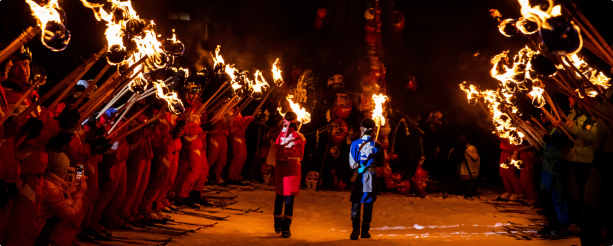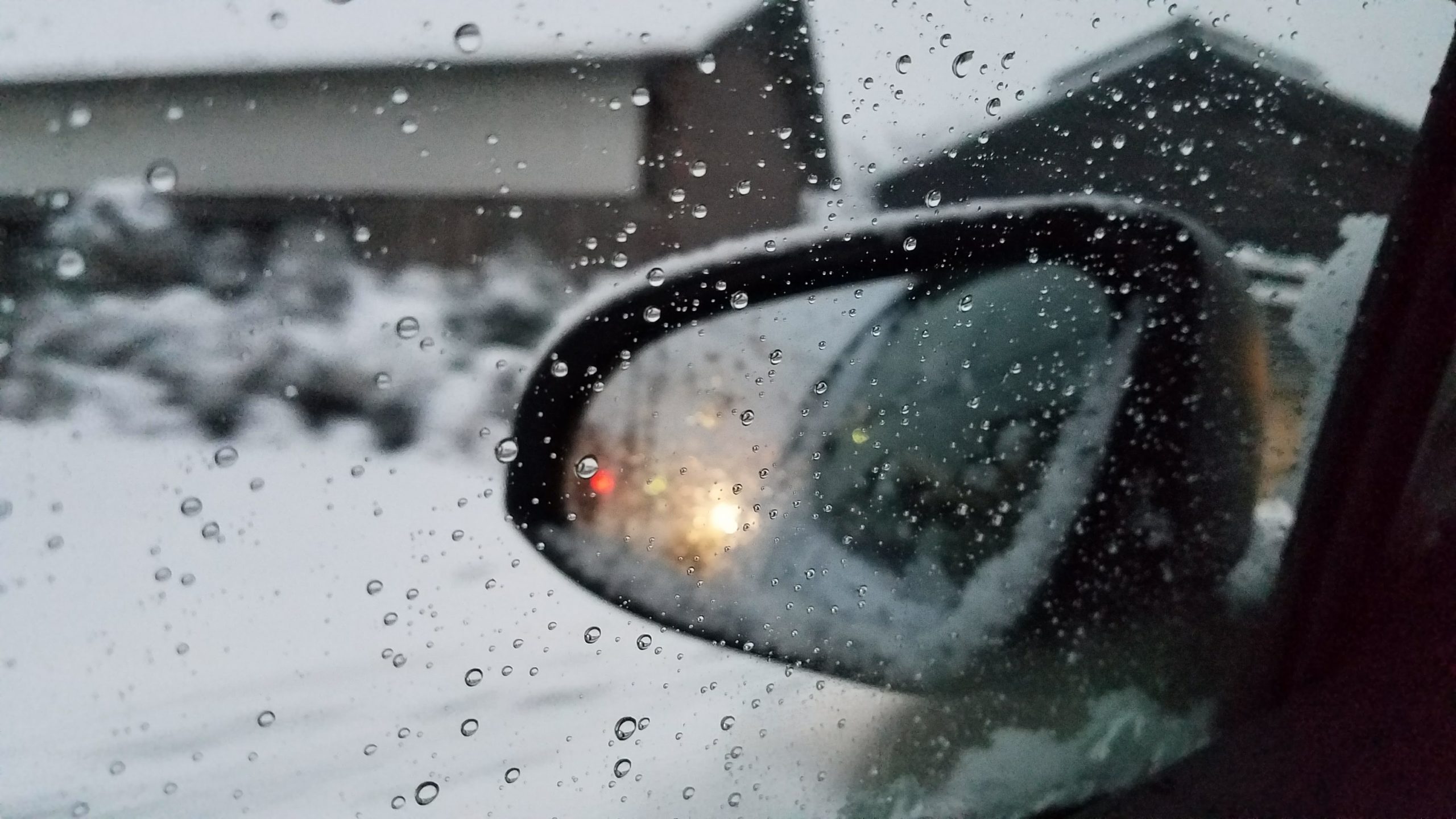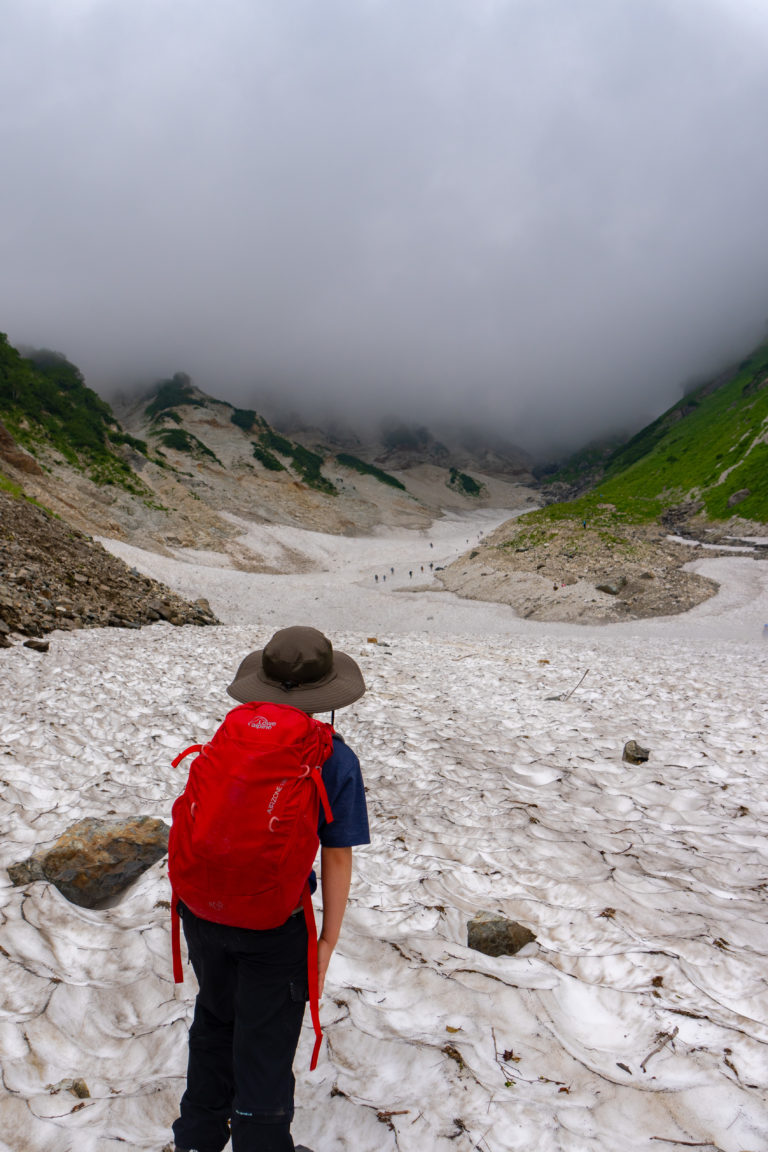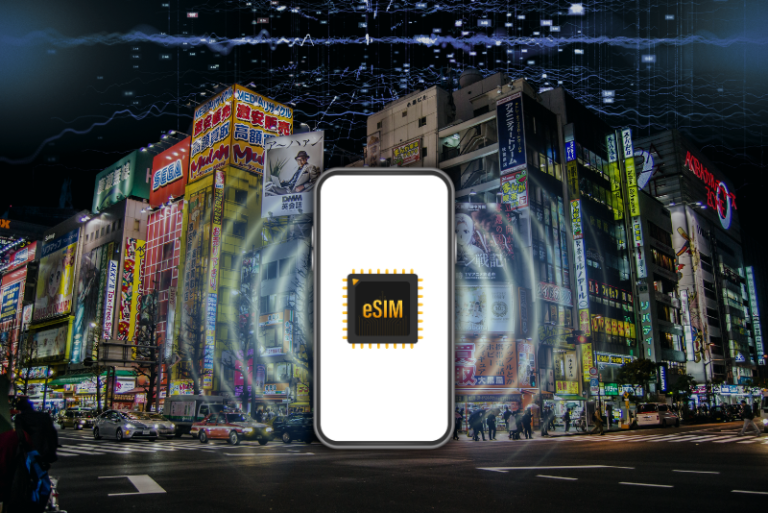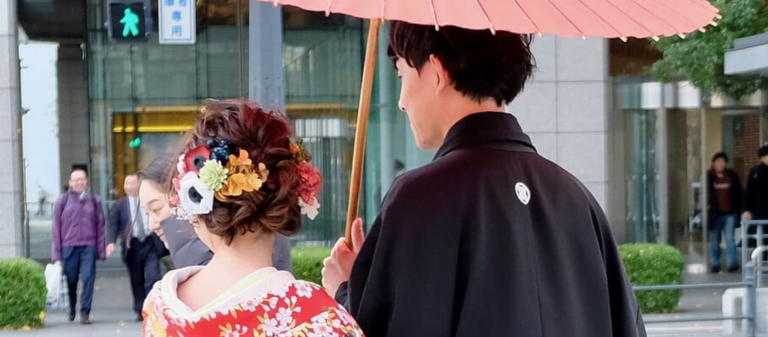We all know the feeling.
You wake up looking forward to an epic day in the mountains only to open the curtains to your worst nightmare: clouds and rain. It’s a rain day in Hakuba!
You check the weather forecast, hoping that the rain will soon stop. But if the weather gods still don’t smile on you, don’t despair—our ultimate guide will have you sorted.
Read on to find out what to do on a rainy day in Hakuba. Keep the kids entertained, big and small, when the weather is in Hakuba.
What To Do On a Rain Day In Hakuba
1 – Hakubounce Trampoline Park
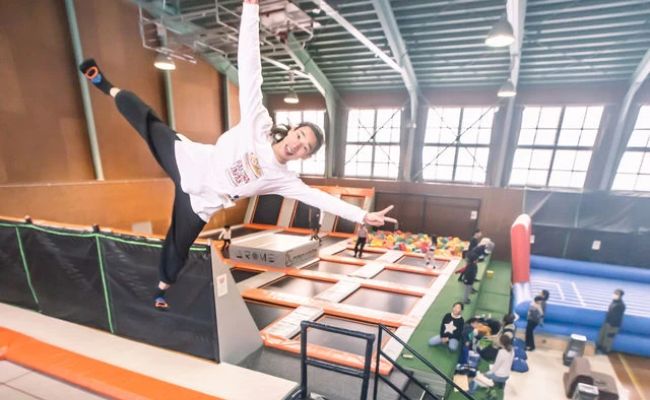
Hakubounce is Nagano’s biggest trampoline park, featuring trampolines, table tennis, and badminton. Perfect for kids and adults alike, it’s a fantastic way to burn off some energy while staying dry. Whether performing flips, playing a competitive game of ping pong, or bouncing as high as possible, Hakubounce promises hours of fun.
2 – Visit Azumino Park
You can immerse yourself in Japanese culture at the Azumino Alps Park Exhibition Center. Try creating art and handicrafts, and cook traditional Japanese food. Kids will love getting close to local creepy crawlies and fish in the science room. The park is about an hour’s drive from Hakuba, making it an ideal destination if you’ve hired a car.
3 – Relax by a Roaring Fire
What better way to spend a rainy day than cozied by a crackling fire, especially when you can’t enjoy a sunny day outside? Many restaurants and cafes in Hakuba have open fires that provide the perfect setting for a relaxing afternoon. Grab a good book, order a hot chocolate or sake, and unwind as the rain falls outside.
4 – True Players Skatepark
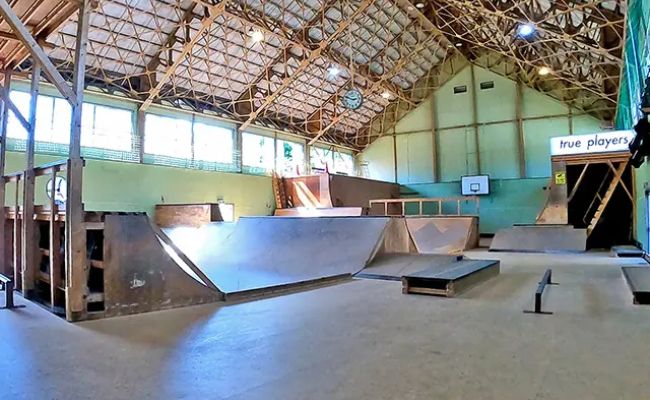
Hakuba True Players Skatepark is designed for serious skaters who want to improve their skills in a safe and controlled environment.
The park boasts a large space of 600 m2, giving skaters plenty of room to practice and perfect their moves. From vertical courses to ramps and rails, True Players Skatepark has it all.
Not only is it a great place for skaters to train, but the park also hosts various events and competitions and is open all year round.
5 – Hakuba Glass Gaku Workshop
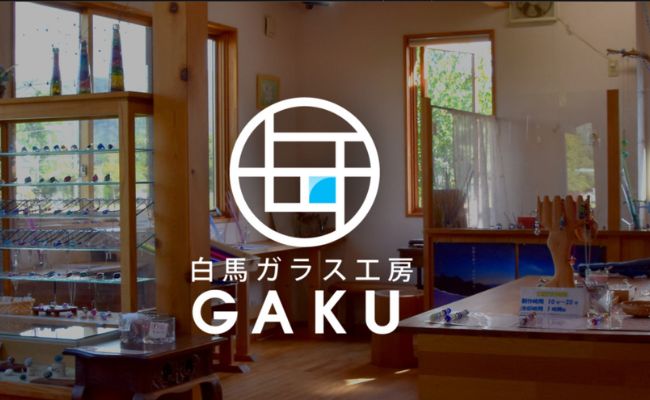
Learn traditional Japanese glasswork by participating in one of Hakuba Gaku Glass’s workshops. You can make your own glassware as a souvenir or gift for loved ones. Located in the heart of Hakuba, it’s easily accessible and an excellent activity for all ages.
6 – Soak Your Troubles Away
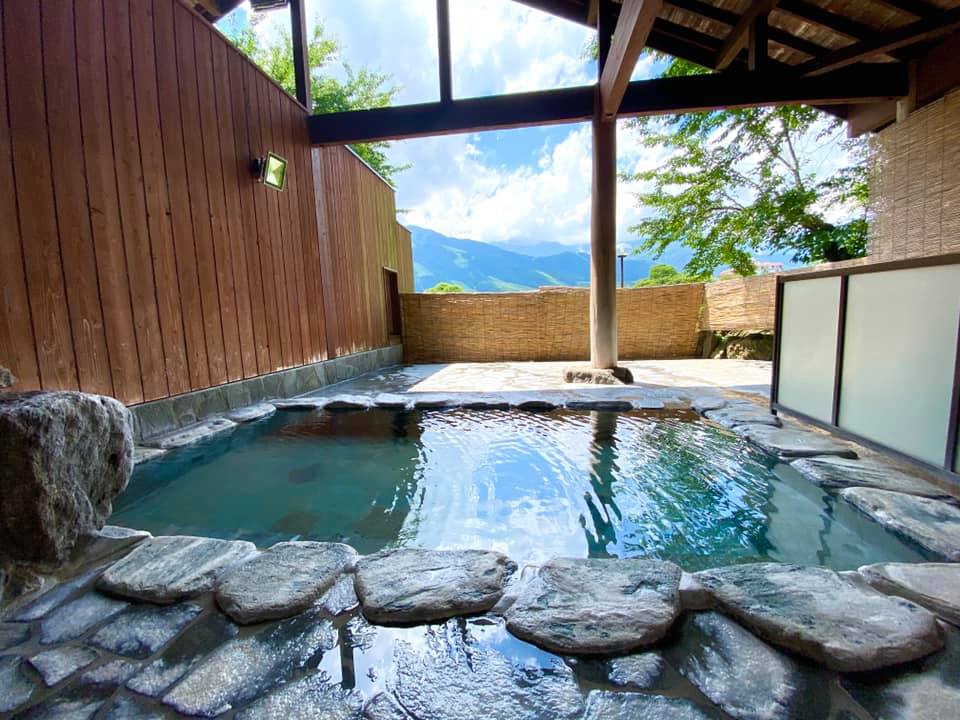
Indulge in style in one of Hakuba’s many famous onsen. You can soak in the rejuvenating waters with a splendid view of the mountains for a small fee. There’s no better way to recover your muscles after a day in the mountains. After your soak, grab a meal or a drink to complete the experience. The Hakuba Valley is renowned for its onsen, offering a perfect way to relax and rejuvenate.
7 – See the Snow Monkeys
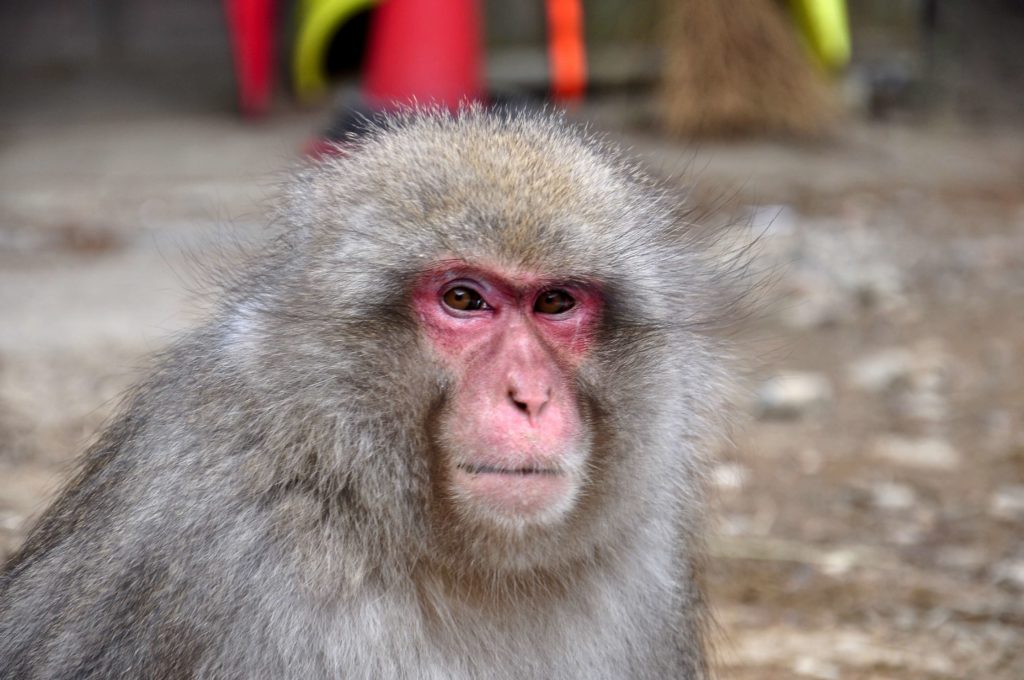
Nagano Snow Monkeys
Join a tour to see the famous snow monkeys soaking in hot springs. These wild monkeys often play in the fresh snow, adding to the magical experience. These wild monkeys are known for their love of a good bath, especially before and after feeding times. Combine this trip with a visit to Zenkoji Temple in Nagano city, one of the most important temples in Japan. Various local bus tours cover both sights, ensuring a day full of cultural and natural wonders.
8 – Visit Matsumoto Castle
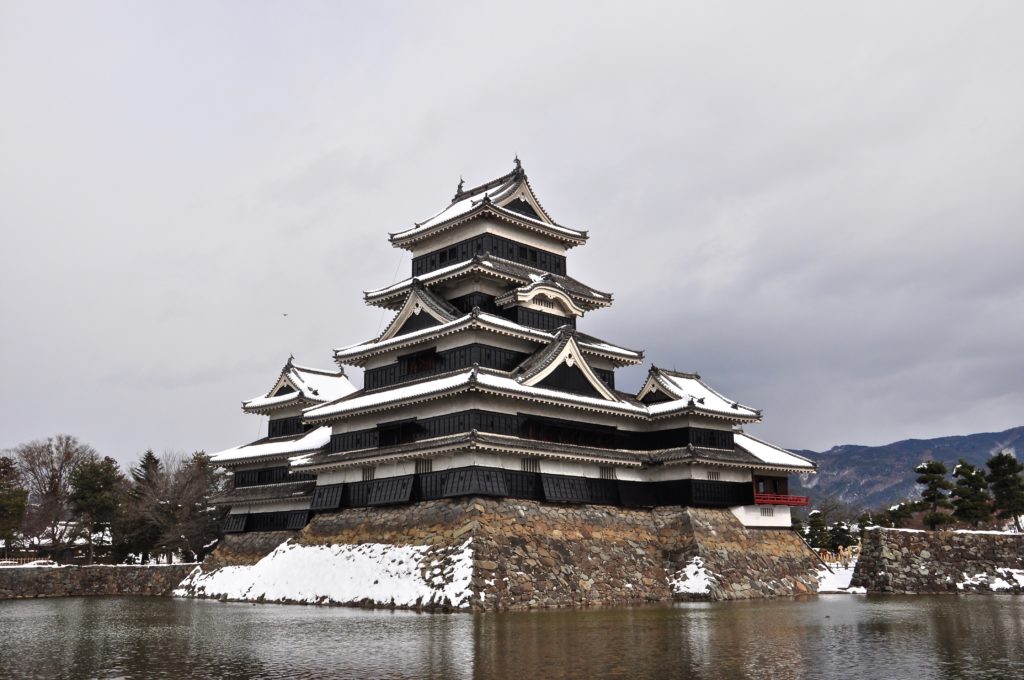
If it’s raining in Hakuba, chances are it’s clear in nearby Matsumoto. Trains leave every two hours from Hakuba station, and the journey is well worth seeing Matsumoto Castle, one of only twelve original castles in Japan. Known as “Crow Castle” for its black exterior, it offers a glimpse into Japan’s feudal past. Nearby, you can explore Nawate Street, also known as Frog Street, for its quirky dedication to all things frog-related.
9 – Snow Farm Ichigo – Strawberry Picking
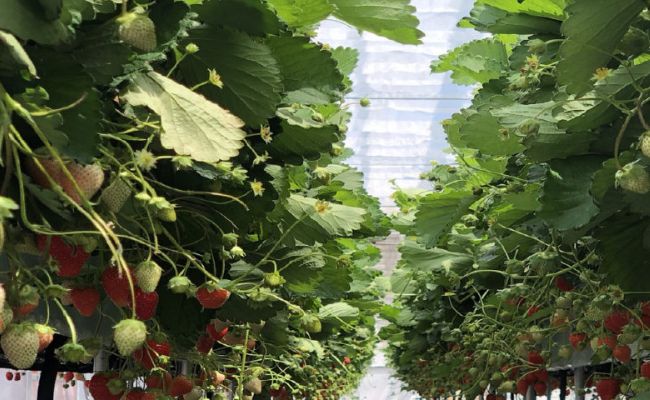
It might seem unusual to go strawberry picking during a ski vacation, but it’s possible at Snow Farm Ichigo Hakuba. This charming farm in Echoland opened in 2019.
The strawberry picking season runs from December to May, with a brief closure in June to replant for the next crop. Reservations are required, but same-day bookings are often available if slots aren’t full.
There are two options: “Eat as you go” or “Take home.” With the “Eat as you go” option, you have 30 minutes to enjoy as many strawberries as you like.
10 – Zenkoji Temple
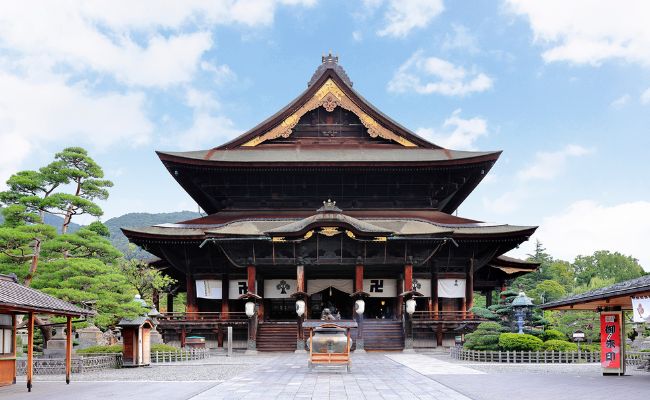
Zenkoji Temple in Nagano City is an important pilgrimage site for Buddhists. The main hall houses a hidden Buddha statue that is only shown to the public once every six years. The temple also has a market to purchase good luck charms and other souvenirs. Be sure to visit the temple at night to see the beautiful illuminations.
11 – Matsumoto Art Museum
Located in Matsumoto City, the Matsumoto Art Museum houses a collection of modern and contemporary Japanese art. The surrounding mountains inspired the building’s unique design and offer stunning views from its rooftop garden. Don’t miss the outdoor sculptures and rotating exhibitions.
Conclusion
Rain doesn’t have to mean a day watching Netflix. Take advantage of the unique indoor and outdoor activities that Nagano has to offer. From relaxing hot springs to cultural experiences and adventure sports, there’s something for everyone to enjoy, no matter the weather. So pack an umbrella and get ready to explore this beautiful region in all its glory.
FAQ
What indoor activities are recommended for families in Hakuba on a rainy day?
Families will enjoy Hakubounce Trampoline Park, the Azumino Alps Park Exhibition Center, and Onsens. These activities offer fun, culture, and relaxation suitable for all ages.
Are there any cultural experiences available in Hakuba during bad weather?
Yes, visit the Azumino Alps Park Exhibition Center for hands-on cultural activities or take a trip to Zenkoji Temple in Nagano city. Matsumoto Castle and the Matsumoto Art Museum are also excellent choices for immersing yourself in Japanese history and art.
How can I book a visit to the Snow Monkeys?
Local bus tours to see the Snow Monkeys often include additional stops such as Zenkoji Temple. Tours can be booked through local travel agencies or directly from your hotel in Hakuba.
Rainy days in Hakuba don’t have to be dull. With so many indoor activities and nearby attractions, you can make the most of your time in this beautiful region, no matter the weather.
What is the best month to ski in Hakuba?
The best month to ski in Hakuba is typically February, when the snow peaks. However, the ski season in Hakuba runs from December to May, so you have plenty of time to enjoy the slopes and powder. It’s important to always check the snow conditions before planning your trip, as they can vary each year.
Does Hakuba get a lot of snow?
Yes, Hakuba is known for its abundant snowfall, with an average of 11 meters of fresh snow falling annually. This makes it a popular destination for skiers and snowboarders looking for deep powder and excellent conditions. However, the snow can vary yearly, so it’s always best to check current conditions before planning your trip.
How busy is Hakuba?
Hakuba can get busy during peak ski season, especially on weekends and holidays. However, the village is relatively small and quiet compared to other popular ski resorts in Japan. If you prefer a more laid-back atmosphere, planning your trip for weekdays or during the shoulder seasons of December and April is best.
Does rain in Hakuba Village mean rain on the mountain?
Rain in Hakuba Village does not necessarily mean rain on the mountain. Due to its high altitude and location in the Japanese Alps, the weather temperatures can vary significantly depending on elevation. When checking the detailed snow forecast, take into consideration the freezing levels. Look at the forecast at the base, mid-mountain, and top of the mountain.
Hi, welcome to Events Hakuba. I started this site about eight years ago with a friend (who’s since moved away) to help travelers get more out of their time in Hakuba. What began as an event calendar has grown into a resource for everything from logistics to local insights.
It’s a one-person operation, and while I do my best to keep things current, it’s not a full-time gig—so thanks for your patience if anything’s slightly out of date.
If you’re curious about my main work, I run The Fifth Business — helping independent hotels scale guest revenue, retention, and operations without adding complexity.
